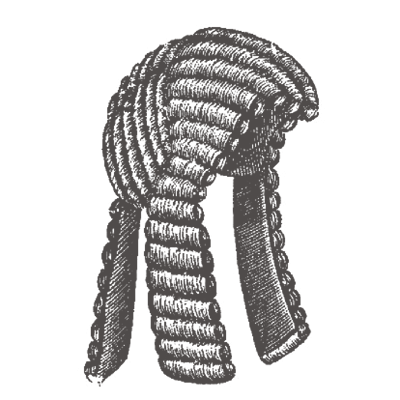New opportunities for recognition of Polish citizenship
In a recent case, we managed to break through the paradigm of automatic loss of Polish citizenship if foreign citizenship is acquired. The case involved a citizen of Argentina (the grandson of Polish immigrants) who was denied confirmation of Polish citizenship by the Minister of Interior and Administration. The authority found that although the client’s mother was the holder of Polish citizenship via her father, she lost it when she turned 18 because at that time she also held Argentinian citizenship, acquired at birth.

Will it be harder to obtain interim relief in intellectual property cases from July 2023?
New rules for interim relief in intellectual property cases in Poland entered into force on 1 July 2023. The changes are designed to address practical problems of businesses and eliminate earlier abuses of interim relief. But the amendment raises doubts and seems to heighten the procedural formalism.

Amendments to the Strategic Investment Programme for 2011–2030
The Council of Ministers has adopted an amendment to the Programme for Supporting Investments of Strategic Importance to the Polish Economy for 2011–2030, under Resolution 91/2023 of 5 June 2023. The changes will be in effect until the end of the support period (2025).

The European Commission may now investigate subsidies from third countries
Starting 12 July 2023, the European Commission can initiate investigations into financial support granted to undertakings by countries outside the European Union, pursuant to the Foreign Subsidies Regulation (FSR). The purpose of the regulation is to combat distortions in the EU single market caused by foreign subsidies, while keeping the EU open to trade and investment.

Business law firms in a time of paradigm shift
An ability to predict is probably one of the oldest human desires. Many people make predictions, but few are right. And if they are, they can rarely explain why they are right. If a prediction proves right, it is usually by coincidence. What does work is diligent observation of the surroundings, taking into account all relevant dimensions, and an ability to spot symptoms of a new reality on the “event horizon” before others.
News from Poland—Business & Law, Episode 37: Employment Without an Establishment (EWE)
In this episode, Magdalena Świtajska explains how foreign firms may directly employ workers in Poland.

News from Poland—Business & Law, Episode 36: The Legal Basis for the Employment of a Management Board Member
In this episode Agnieszka Godusławska and dr Joanna Prokurat, explain on what legal grounds Polish companies can employ board members.
When a debtor starts litigation to avoid paying a debt—continued
It is worthwhile for creditors to take part in litigation even if the outcome could go against them. This way, they can help prevent the court from issuing rulings sought by colluding debtors and their allies.

News from Poland—Business & Law, episode 35: Documents demands and dawn raids
In this episode Artur Pietryka discusses how a company should react if it is served with a demand from law enforcement to provide documents or information.
The appeal provisions of the Public Procurement Law need to be amended
At a conference on 30 May 2023, the Polish Public Procurement Law Association presented a report with calls for legislative changes to the Public Procurement Law of 11 September 2019. The act has been in effect since the beginning of 2021, and the experience acquired over two and a half years has allowed practitioners to draw some conclusions and formulate nearly 30 calls for amendments to improve the procurement procedures in Poland. In this article we will analyse one of the proposals.

When a debtor starts litigation to avoid paying a debt
Dishonest debtors are increasingly daring to use court proceedings to fictitiously dispose of funds to pay their debts. They believe that if they obtain a final judgment that orders them, for example, to pay an amount to a third party, the creditor will not be able to contest the payment. But is the creditor completely defenceless? With this article, we are kicking off a series on what to pay attention to and how to react when a debtor initiates court proceedings that may render the debtor insolvent.

Sustainability-linked loans: Update of LMA, APLMA and LSTA principles
In our previous article we discussed the recent amendments to the Green Loan Principles and Social Loan Principles, and accompanying guidance. Today, we will focus on the Sustainability-Linked Loan Principles. Here, the amendments are more extensive.
